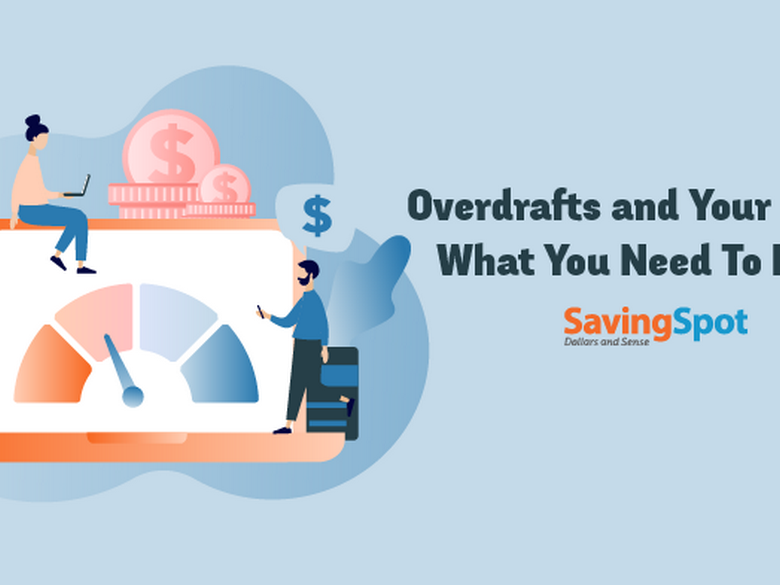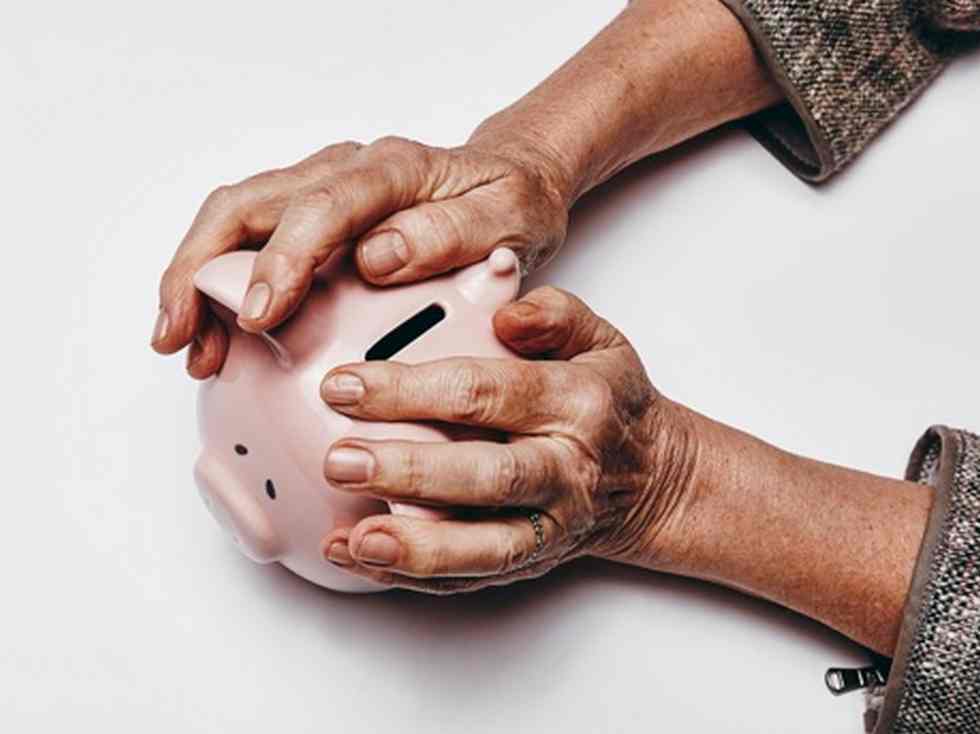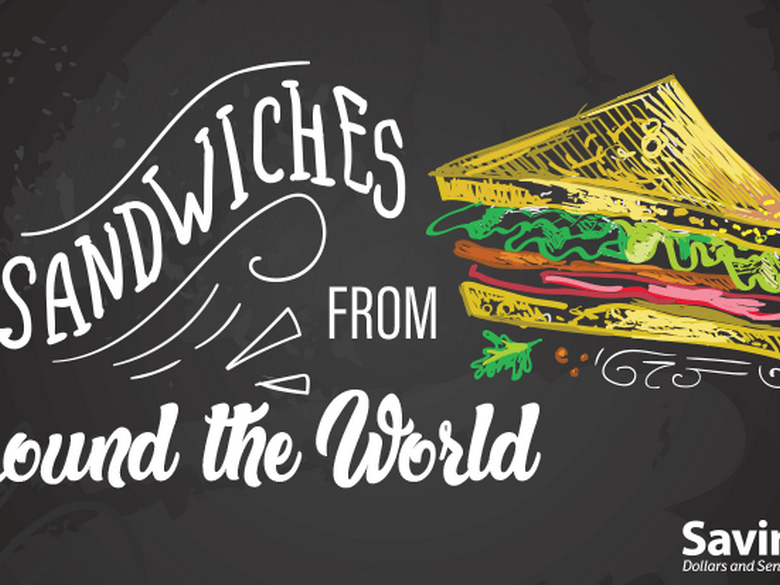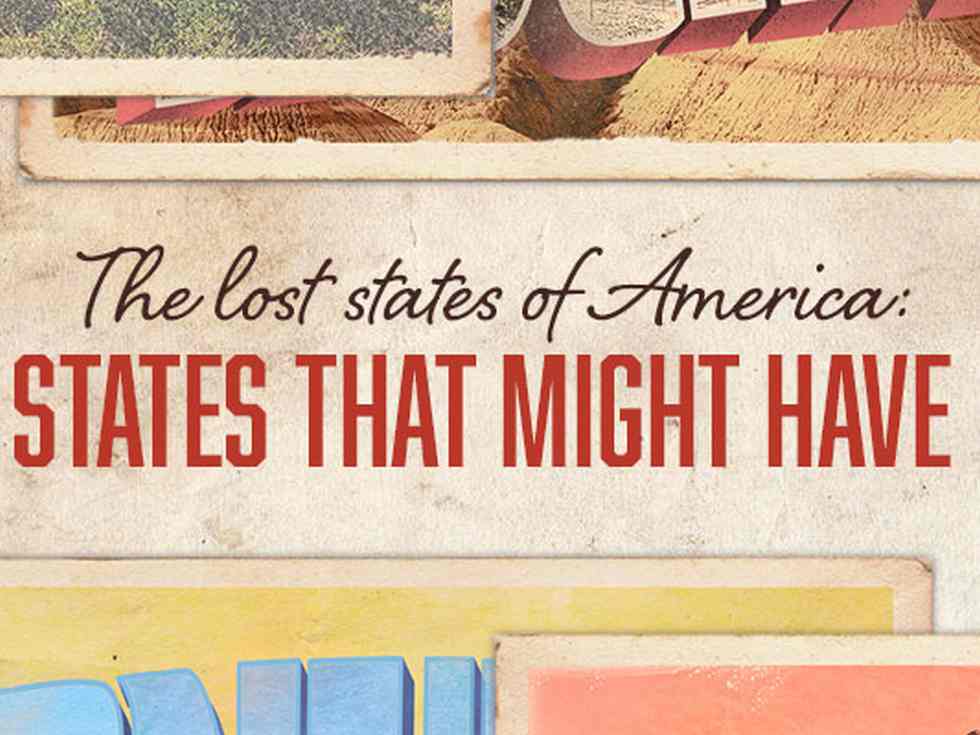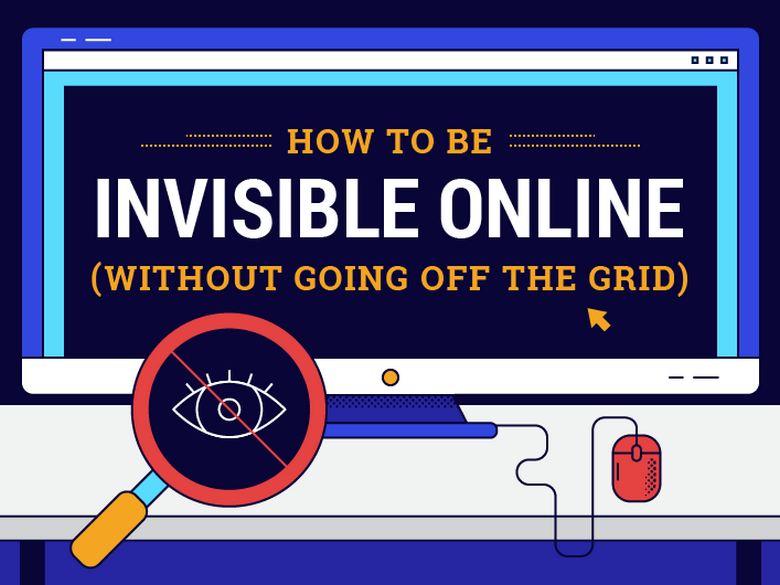Surprising bills are one of the crucial irritating challenges in life — they’re inconvenient, aggravating, and worst of all, strenuous in your price range. Even when it’s only one expense, the price of that fridge restore or a brand new tire can affect the way you stability day-to-day bills.
Many flip to financial institution overdrafts to pay their payments when confronted with a troublesome monetary resolution. Whereas it’s a possible possibility to assist make ends meet, overdrafts come at a price. A current research discovered People spent almost $250 per 12 months on overdraft and late fee charges.1 What different prices are related to financial institution overdrafts? And the way might these charges affect your general monetary well being, like your credit score rating? Let’s discover financial institution overdrafts and their full affect in your funds.
What Is a Financial institution Overdraft?
Relying on the financial institution and your particular account advantages, you could be eligible for a financial institution overdraft, or the flexibility to borrow cash past what’s at present in your account. It’s an extension of credit score out of your financial institution for the quantity overdrawn. Overdrafts permit a purchase order to undergo that may in any other case be rejected resulting from inadequate funds. As with most sorts of credit score, there’s a price to make use of it — usually $30 – $35 per overdraft.1
Do Financial institution Overdrafts Have an effect on My Credit score Rating?
Excellent news! Financial institution overdrafts don’t immediately affect your credit score rating. Your credit score rating is set by a number of elements, together with the historical past and present standing of traces of credit score, private loans or different borrowed credit score. A checking account is comprised of your personal funds, not borrowed. Subsequently, checking accounts, together with particular transactions like overdrafts, should not included in your credit score report.
Nevertheless, if you don’t pay again the stability owed and the related price, the overdraft might negatively affect your credit score rating. The financial institution might ship the delinquency to a set company when the excellent debt goes unpaid. When an account goes to collections, it’s mirrored in your credit score report and stays there for seven years. Your credit score rating takes your fee historical past under consideration, so missed funds affect your rating negatively.
What Are Some Options To Financial institution Overdrafts?
For those who’d favor to keep away from financial institution overdrafts altogether, there are a couple of alternate options. Your eligibility for these choices might range primarily based in your credit score rating or the establishment providing it. Seek the advice of with the lender immediately to grasp how these financial institution overdraft alternate options might profit you.
- Use a web based mortgage to cowl your emergency bills or pressing payments. Brief-term loans — like most types of credit score — come at a price, however relying on the phrases of the mortgage, it could price lower than a financial institution overdraft.
- Bank cards, or a line of credit score, can probably assist ease the stress brought on by emergency bills. Bank cards have extra flexibility than a standard mortgage as a result of you’ll be able to borrow funds as you want them and solely pay curiosity on the excellent stability.
1M. Leonhardt. (2020). Late charges, overdrafts and even fraud price People an additional $577 yearly.
The data on this article is offered for instructional and informational functions solely, with none categorical or implied guarantee of any sort, together with warranties of accuracy, completeness or health for any explicit goal. The data on this article isn’t meant to be and doesn’t represent monetary, authorized or every other recommendation. The data on this article is common in nature and isn’t particular to you the consumer or anybody else.

